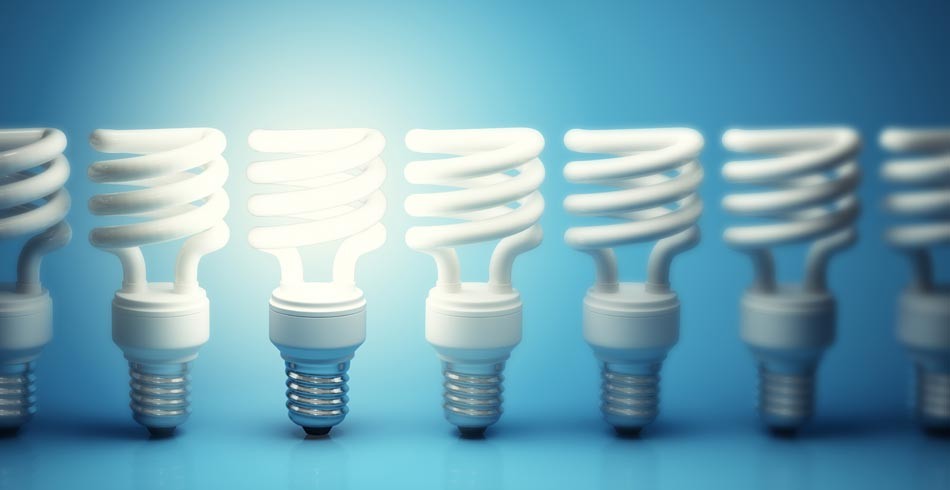Almost 70 per cent of Australian consumers are hungry for more information from energy companies, according to new research.
The research, conducted by Essential Research and commissioned by Landis+Gyr, shows rising energy costs are driving increased energy awareness among consumers and simply providing comparative data with other households is no longer considered good enough.
Ambassador for the research project and managing director of EnergyAustralia from 2004-2012 George Maltabarow said the research shows far too many Australians feel “powerless” in their engagement with energy companies.
“It tells us that consumer behaviour is changing,” he said.
“Many consumers understand smart meters are being rolled out but they quite rightfully want to know what’s in it for them.”
The research suggests there is a growing gap between what consumers are doing to reduce their power bills and what more can be done with advances in technology.
Sixty-eight per cent of respondents would like energy companies to supply them with more information to better understand and control household energy use.
Most consumers (88 per cent) would like alerts when usage data suggests they have a faulty home appliance.
A similar number (85 per cent) want energy providers to recommend ways of reducing costs based on their personal energy use patterns.
This extends to energy consumption data for specific appliances, with 85 per cent wanting to know how much energy their air conditioners, pool pumps or dishwashers are using.
Even though the Victorian smart meter roll-out took place nearly a decade ago and smart meter deployments are now in full swing across New South Wales, Queensland and South Australia, close to half of consumers surveyed do not feel they have the knowledge and skills to get the most out of smart meters.
There is a desire among consumers to have a greater understanding of how this technology will help them make smarter energy decisions with seven out of 10 (69 per cent) wanting to know more about what they can do with a smart meter.
From an environmental perspective, 63 per cent of respondents agree that smarter power use is also part of the broader response needed to deal with climate change.
“The Power of Choice legislation has created a pathway for us to transition to a smarter energy future,”Mr Maltabarow said.
“We need to ensure consumers are aware of the benefits that smart technologies offer, including how they allow for more control over energy use and the impact on energy bills.
“This level of control benefits the electricity grid and reduces the need for further investments in costly network infrastructure upgrades to manage peak loads.
“Ultimately, this will lower the cost of electricity bills for homeowners, creating a win-win situation for everyone.”







